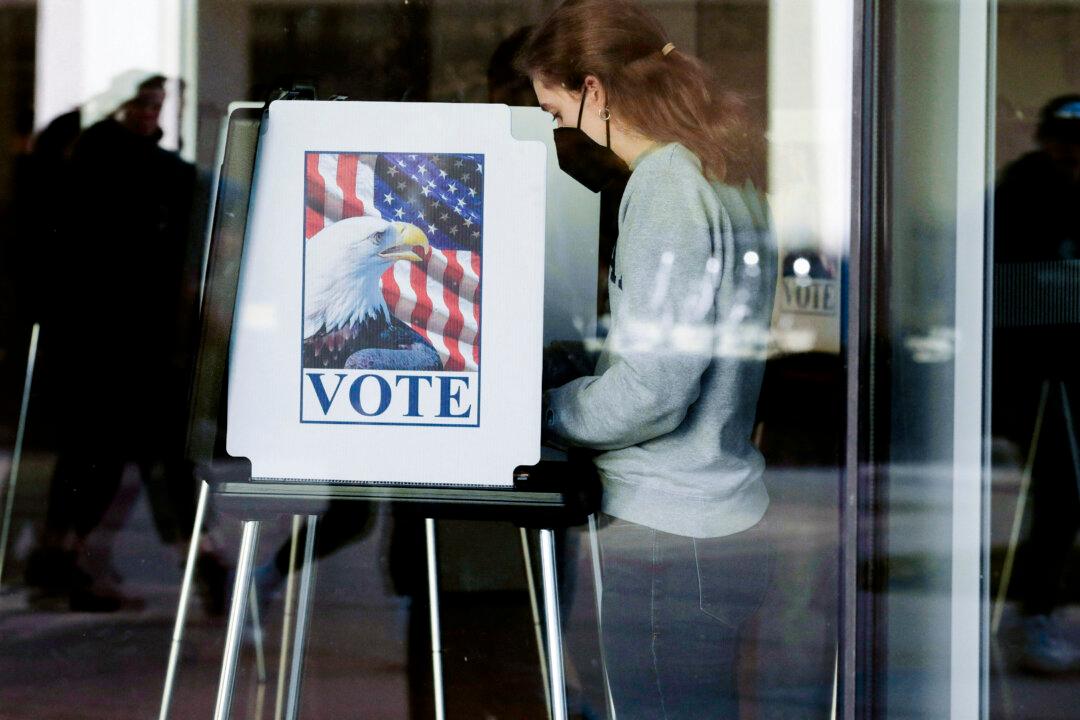Russian state-backed efforts to interfere in the U.S. presidential elections have begun to focus on targeting the campaigns of Kamala Harris and Tim Walz, according to a new report by Microsoft.
The Sep. 17 report details an uptick in Russia-backed influence operations aimed at discrediting the Democrat presidential ticket by spreading fabricated stories and images online.




